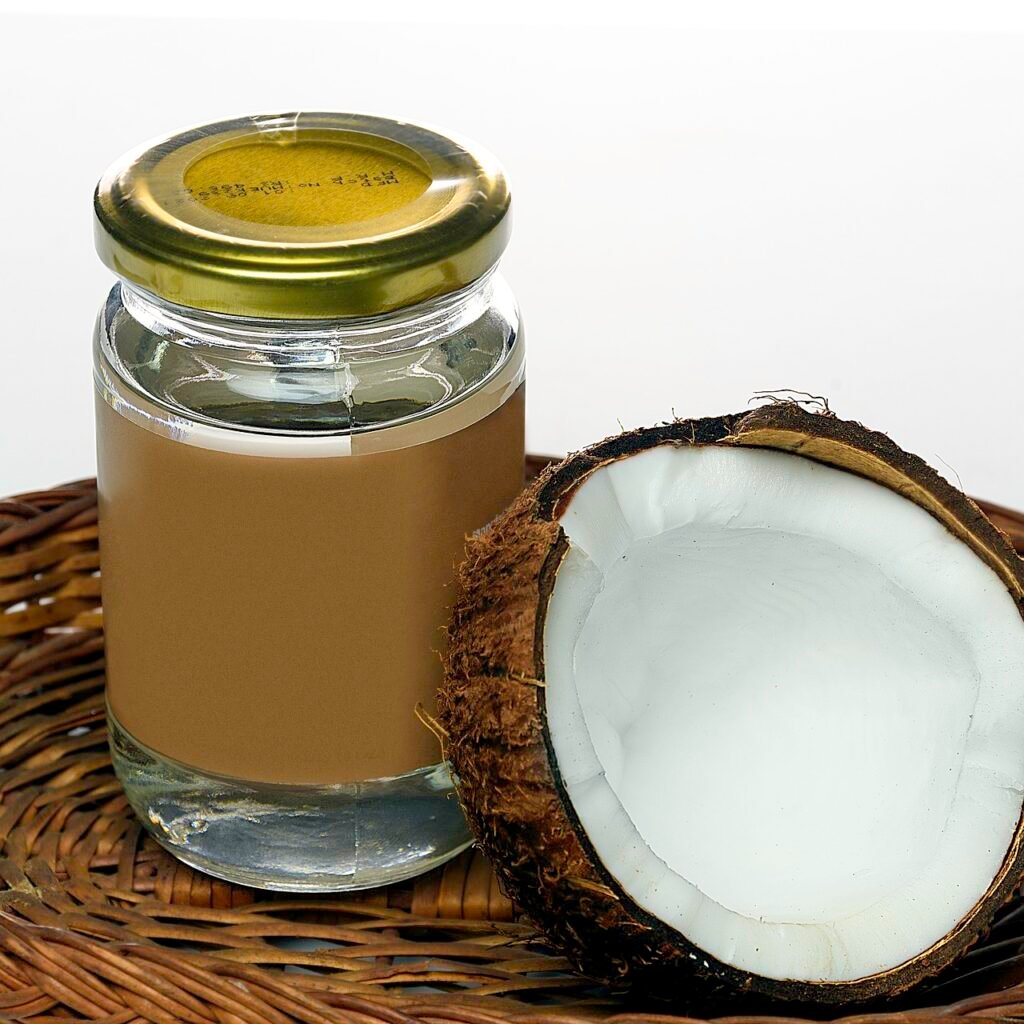As we age, maintaining muscle mass becomes more challenging, and for many, it can feel like an uphill battle. One of the primary factors influencing this decline is testosterone. But what exactly is the relationship between testosterone levels and muscle mass? Can boosting testosterone help you maintain or even regain muscle? Let’s explore the science behind it and what you can do to stay strong and fit.
Understanding Testosterone and Its Role in Muscle Growth
Testosterone is a hormone that plays a critical role in the body, especially in men. It’s responsible for regulating sex drive, bone mass, fat distribution, and, importantly, muscle mass. While women also produce testosterone, men have significantly higher levels, making it a key hormone in muscle development.
During your late teens and early twenties, testosterone levels are at their peak, contributing to the ease with which many young people can build muscle. However, starting around age 30, testosterone levels naturally begin to decline at a rate of about 1% per year. This decrease is often accompanied by a gradual loss of muscle mass, a condition known as sarcopenia.
The Testosterone-Muscle Mass Connection
Testosterone’s influence on muscle mass is twofold:
- Protein Synthesis: Testosterone boosts protein synthesis, the process your body uses to repair and build muscle fibers after exercise. Higher testosterone levels enhance your body’s ability to recover from workouts and build new muscle tissue.
- Inhibiting Muscle Breakdown: Testosterone also helps inhibit muscle protein breakdown, allowing you to retain more of the muscle you’ve built. This balance between muscle gain and loss is crucial for maintaining overall muscle mass.
When testosterone levels decline, the balance shifts, making it harder to build and maintain muscle. You might notice that despite regular workouts, gains are slower, and recovery takes longer. This shift is a common and frustrating experience, especially for men over 40.
Signs Your Testosterone Levels Might Be Low
If you’re experiencing any of the following symptoms, it could be a sign that your testosterone levels are below optimal:
- Decreased muscle mass and strength
- Increased body fat, particularly around the abdomen
- Reduced energy levels and stamina
- Diminished libido
- Mood changes, including irritability and depression
Low testosterone levels can significantly impact your ability to build and retain muscle mass, but the good news is, there are ways to address it.
Boosting Testosterone Naturally
Fortunately, there are several ways to naturally boost your testosterone levels:
- Strength Training: Regular resistance training is one of the most effective ways to increase testosterone. Focus on compound movements like squats, deadlifts, and bench presses, which engage large muscle groups and stimulate testosterone production.
- Nutrition: A diet rich in protein, healthy fats, and essential vitamins and minerals (like zinc and vitamin D) supports testosterone production. Avoid excessive sugar and processed foods, which can lower testosterone.
- Sleep: Quality sleep is crucial for testosterone production. Aim for 7-9 hours per night to optimize your hormone levels.
- Stress Management: Chronic stress leads to elevated cortisol levels, which can suppress testosterone production. Incorporate relaxation techniques like meditation, deep breathing, or yoga to keep stress in check.
- Supplements: Natural supplements like Tongkat Ali, fenugreek, ashwagandha, Zinc and D-aspartic acid have been shown to support healthy testosterone levels.
Final Thoughts: Maintaining Muscle as You Age
The connection between testosterone and muscle mass is clear: higher testosterone levels contribute to greater muscle mass and strength. As testosterone levels decline with age, muscle mass naturally decreases, making it harder to stay in shape. However, by taking proactive steps—such as regular strength training, proper nutrition, and considering natural supplements—you can support healthy testosterone levels and keep your muscles strong well into your later years.
Whether you’re looking to maintain your physique, improve your overall health, or simply feel more energetic, focusing on optimizing your testosterone levels can make a significant difference.
If you’re ready to take action, consider exploring natural testosterone-boosting supplements that can support your journey. Remember, small changes can lead to big results!
Disclaimer: The information provided on this blog is for general informational purposes only and is not intended as medical advice. Always consult with a qualified healthcare professional before making any decisions regarding your health or starting any new treatments. The content here should not be used to diagnose, treat, or prevent any medical condition. Additionally, please note that this blog is reader-supported. If you click on an affiliate link or advertisement and make a purchase, we may receive a commission at no extra cost to you. This helps us maintain the site and continue providing valuable content.




